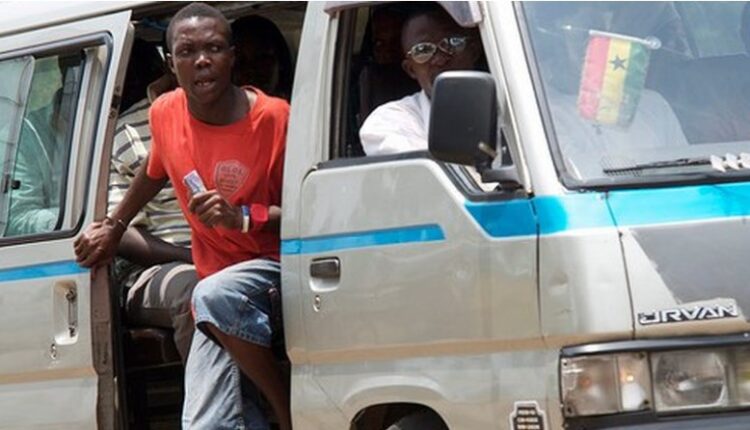A Nation in Sorrow and Despair: A Battle Ground for Struggle between the Haves and Have-Nots
The beggars have finally united, demanding an end to the exploitation and inequality that has plagued their lives for far too long.

Introduction
The stark contrast between the rich and the poor has long been a pressing issue in many countries. In this particular nation, the disparity has reached a boiling point, with thirty millionaires holding power and wealth, while thirty million beggars struggle to make ends meet. The beggars have finally united, demanding an end to the exploitation and inequality that has plagued their lives for far too long.
- Advertisement -
The Great Divide
- Advertisement -
The wealth gap in this country is staggering. The thirty millionaires control a significant portion of the nation’s resources, living in luxury and excess. Meanwhile, the thirty million beggars are forced to scrounge for scraps, struggling to access basic necessities like food, water, and shelter. This disparity is not only morally reprehensible but also economically unsustainable. As noted by Thomas Piketty, “The main driver of inequality is the gap between the rich and the rest.” (Piketty, 2014)
The Unification of the Beggars
The beggars have finally had enough of being taken advantage of. They have united, demanding change and an end to the exploitation. This movement is not just about asking for handouts but about demanding a fair share of the nation’s wealth. As stated by Martin Luther King Jr., “The ultimate measure of a man is not where he stands in moments of comfort and convenience, but where he stands at times of challenge and controversy.” (King, 1963)
The Demands of the Beggars
The beggars are demanding a more equitable distribution of wealth, access to education and job opportunities, and an end to corruption and crony capitalism. They are also calling for the implementation of social safety nets, such as healthcare and unemployment benefits, to protect them from the harsh realities of poverty. As noted by Nelson Mandela, “Poverty is not an accident. It is a result of policies and decisions made by humans.” (Mandela, 2004)
The Response of the Millionaires
The millionaires, however, are not willing to give up their power and privilege without a fight. They have responded to the beggars’ demands with resistance and hostility, labeling them as lazy and ungrateful. They claim that their wealth is a result of their hard work and innovation, ignoring the systemic inequalities that have allowed them to accumulate their wealth. As stated by Noam Chomsky, “The wealthy are able to shape the rules of the game to their advantage, and then use their wealth and power to enforce those rules.” (Chomsky, 2011)
- Advertisement -
Conclusion
The struggle between the thirty millionaires and the thirty million beggars is a microcosm of the larger global issue of income inequality. It is a fight for fairness, justice, and human dignity. The beggars’ demands are not unreasonable, and their unity is a testament to their determination to bring about change. As noted by Mahatma Gandhi, “The world has enough for everyone’s need, but not enough for everyone’s greed.” (Gandhi, 1948).
By M D Awoonor 2024
References:
Chomsky, N. (2011). Occupy: Reflections on Class and the Green Movement.
Gandhi, M. (1948). Quotes.
King, M. L. (1963). Letter from Birmingham Jail.
Mandela, N. (2004). Quotes.
Piketty, T. (2014). Capital in the Twenty-First Century.
- Advertisement -



